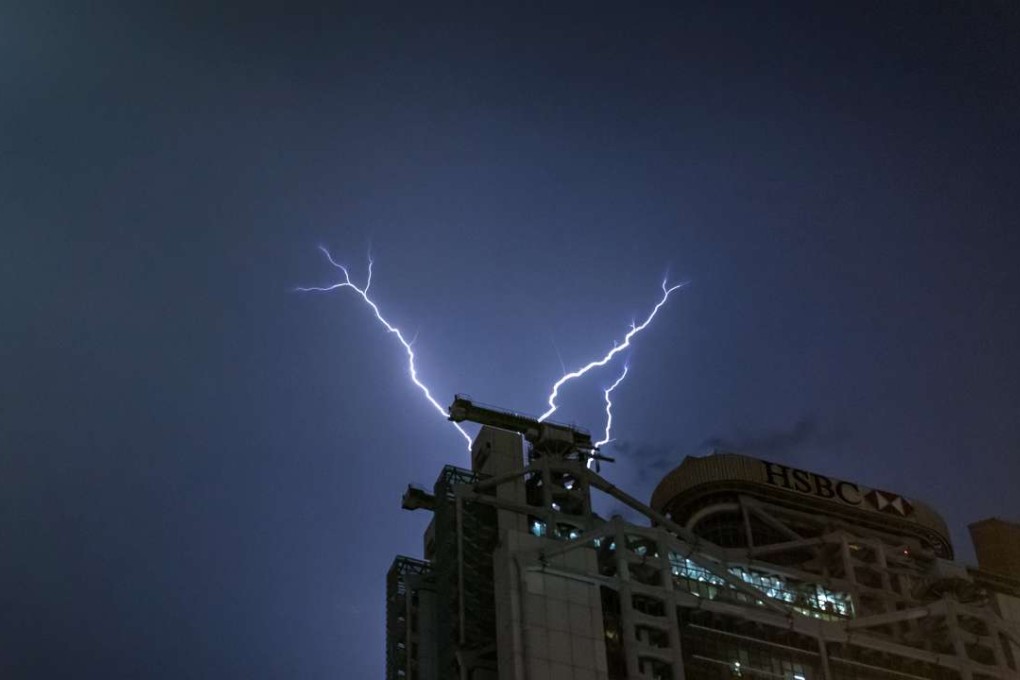The View | Hong Kong’s anti-bribery laws should be expanded to cover off-shore graft
Hong Kong’s anti-graft laws don’t apply to activities beyond its boundaries. It’s time for that to change

Corruption complaints in Hong Kong rose 18 per cent last year, according to the Independent Commission Against Corruption’s annual report which was released last week. On the one hand such a sharp rise in graft reporting is awkward for a mature financial centre with a well-established anti-graft agency, but on the other hand it at least points to civic vigilance. For its part, the ICAC put the surge down to increased public trust as a result of its “holistic” strategy and savvy publicity campaigns.
Prosecutions in 2015, which involved offences “connected with or facilitated” by corruption, also bolted higher — court actions for non-election related offences rose 24 per cent with 99 cases involving 213 people. Yet before concluding that Hong Kong faces a Gotham-style wave of sleaze, it is worth noting that just 50 people were prosecuted under the Prevention of Bribery Ordinance. The other 157 offences mostly involved theft and in particular deception offences. No figures were given for the conviction rate.
Hong Kong’s bribery laws do not cover offshore graft
Hong Kong’s approach to corruption sits at an odd juncture. Until the formation of the ICAC in 1974 the city was a byword for dodgy dealings between malleable officials and business groups which craved an inside edge. By the 1990s, however, the ICAC’s wide ranging powers and no-nonsense approach to policing had seemingly changed the culture governing public-private sector interactions. Hong Kong became a showcase that was widely admired by other jurisdictions trying to clean up their act. In recent years we have seen leading executives jailed for lavishing money on senior public officials. In the coming months former chief executive Donald Tsang Yam-kuen will stand trial in a case which will also put in the dock Hong Kong’s broader reputation as a clean city.

To be sure, Hong Kong continues to prosecute 50 or so corruption cases a year, which is highly credible. Yet the territory would, at the very least, seem to have a perception problem, as judged by Transparency International’s Corruption Perceptions Index, which ranks perceived levels of public sector corruption globally. This benchmark combines corruption surveys from various institutions and takes in views from experts who live and work in the countries evaluated. In 2015 Hong Kong ranked as the 18th least corrupt country out of 168 countries, behind Singapore which was 8th, the US at 16th and the UK at 10th place. Just five years ago, Hong Kong was 12th on the index, meaning it has slipped six places.
This disconnect between the ICAC’s relatively benign actual corruption data and the picture painted by perception surveys can partly be explained by the Hong Kong numbers only focusing on domestic cases.
